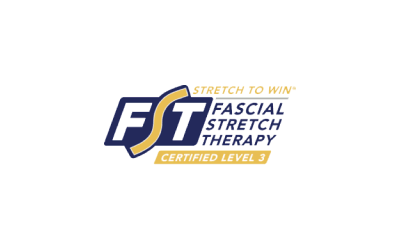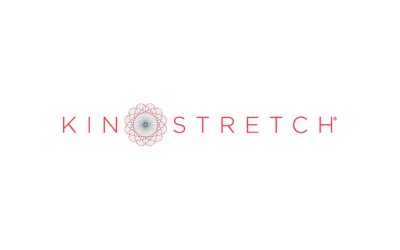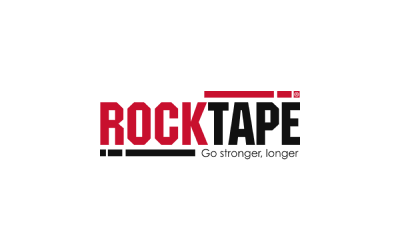Join the conversation.
Unveiling the Smoke and Mirrors: How the Healthcare and Fitness Industries Fool Us with Marketing
Smart plays on our health-concious minds.

In today’s health-conscious society, we are bombarded with an overwhelming array of products, services,quick tips and tricks video’s all promising to revolutionize our well-being.
From miracle diets to revolutionary fitness equipment, the healthcare and fitness industries have mastered the art of marketing.
While genuine advancements and discoveries do exist, it is essential to navigate through the smoke and mirrors to make informed decisions about our health.
Today, we will delve into some common tactics employed by the industries, shedding light on the ways they can sometimes mislead and deceive us.
1. Overpromising and Underdelivering
One of the most prevalent strategies used in marketing healthcare and fitness products is the practice of overpromising and underdelivering.
Advertisements often make lofty claims, promising quick fixes, dramatic weight loss, or instant health improvements.
These exaggerated promises can create false hope and lead to disappointment when the desired results fail to materialise.
For example, weight loss supplements are often marketed as a magic solution for shedding pounds effortlessly.
We also have 8 week challenges with promises of changing your whole body composition and fitness.
However, the reality is that sustainable weight loss requires a combination of a balanced diet, regular exercise, and lifestyle changes. Relying solely on a pill, potion or a heavily restricted diet coupled with high-intensity exercise which your body does not hold the pre-requisits for, rarely leads to long-term success.
2. Manipulative Imagery and Unrealistic Body Standards
The healthcare and fitness industries heavily rely on visual representation to sell their products.
They often present us with perfectly sculpted bodies, before and after images with no proof of time lines, flawless skin, and glowing smiles, creating unrealistic expectations and fostering body dissatisfaction.
These carefully curated images can lead to feelings of inadequacy and drive individuals to spend money on products promising to help them attain the unattainable.
It is important to remember that true health and fitness come in all shapes and sizes.
Rather than striving for an unattainable ideal, we should focus on nurturing our bodies, embracing diversity, and promoting positive body image.
3. Celebrity Endorsements
Celebrity endorsements have become a cornerstone of healthcare and fitness marketing.
We see famous athletes, actors, and influencers endorsing various products, giving them an aura of credibility and success.
While these endorsements may seem convincing, it is crucial to remember that celebrities are often paid large sums of money to promote these products, and their opinions may not reflect genuine expertise or personal experience.
It is advisable to seek advice from qualified professionals such as doctors, nutritionists, and fitness trainers who can offer evidence-based guidance tailored to individual needs.
Qualified and your Individual Needs being the 2 key factors here!
4. Misleading Labels and Buzzwords
In an era where wellness is a trending topic, buzzwords like “natural,” “organic,” or “superfood” are commonly used to entice consumers.
“Science-Led” is coming in hot as the new current fad.
Unfortunately, these terms are not always regulated, and companies may exploit them for marketing purposes.
Products labeled as “all-natural” may still contain harmful additives, while the term “superfood” may exaggerate the actual health benefits of a particular ingredient.
It is essential to scrutinise product labels, do thorough research, and consult trusted sources to understand the true value and potential side effects of the products and services we consume.
Conclusion
While the healthcare and fitness industries play a crucial role in promoting overall well-being, it is important to approach their marketing claims with skepticism and critical thinking.
By recognising the tactics employed to sway us, we can make more informed decisions about our health.
Instead of falling for the smoke and mirrors, let’s prioritize evidence-based information, consult professionals, and focus on sustainable lifestyle choices.
True health and fitness are not achieved overnight or through quick fixes but rather through dedication, education, and a holistic approach to well-being.




